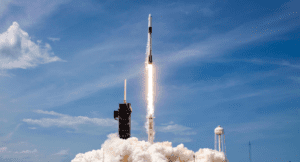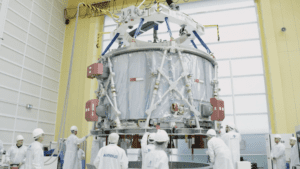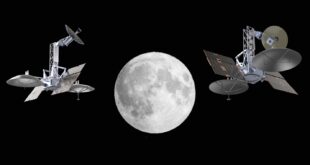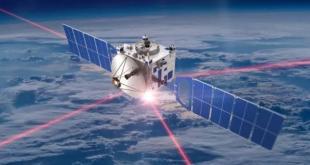by Jose Salgado
There are three types of commercial space ecosystems, the historic one, the self-created and the incidental.
The first one is exemplified by over 60 years of the United States space program, where government-funded missions gave life to private contractors that gained industrial expertise nowadays being used to supply end-to-end missions for public and private customers. This type of commercial space ecosystem will continue to grow and will be responsible for building most of the space infrastructure that connects Earth with LEO, MEO, Moon and Mars.
The self-created type can be found in the second smallest country in the European Union, and ESA’s 13th contributor (€46.9 million). Luxembourg, which founded its Space Agency only in 2018, is now one of the most exciting incubators for entrepreneurial space activities. With a forward-looking policy culture that facilitates the interaction of the country’s legal and regulatory, scientific and technological environment with its entrepreneurial and financial activity, Luxembourg is the host of the recently created European Space Resources Innovation Centre.
The German company YURI, that enables research in microgravity, and the Spanish based Plus Ultra Space Outposts, that deploys and manages off-Earth infrastructure, are two examples of companies that have established a presence in Luxembourg. In addition to the commercial efforts promoted by the country, Luxembourg will host a recently created non-profit called EURO2MOON that aims to position the European industry as a leader of the rising cis-lunar economy, creating a strong industrial ecosystem based on an ambitious “In Situ Resources Utilisation” (ISRU) vision.
The third type is the incidental commercial space ecosystem, well exemplified by Mexico, a country that offers access to cheap industrial capabilities and skilled labour that supports the space supply chain.
A recent anecdote reported by the news, illustrates the effect of the incidental type. During the worst of the pandemic, Elon Musk called the Mexican Minister of Foreing Affairs to advise that the closing of plants in Mexico had paralized the production of Tesla and SpaceX. The Minister offered to help, thinking that there would be only a few companies that needed to go back into production, but the list included 127 Mexican companies that were supplying Tesla and SpaceX.
To strengthen Mexico’s position in the space supply chain and to create new business opportunities, in July this year, the Mexican government presented a draft convention, establishing the Latin American and Caribbean Space Agency.
Although the structure and operation of the Agency is not yet defined, 17 countries have already signed, which include Argentina, Bolivia, Costa Rica, Ecuador, Paraguay and Panama, among others.
The French company Airbus, which has over 40 years of presence in Mexico, views the creation of the Agency as a positive development for the region.
Jose Salgado is a Space Commercialization specialist and founder of Unite Space.








